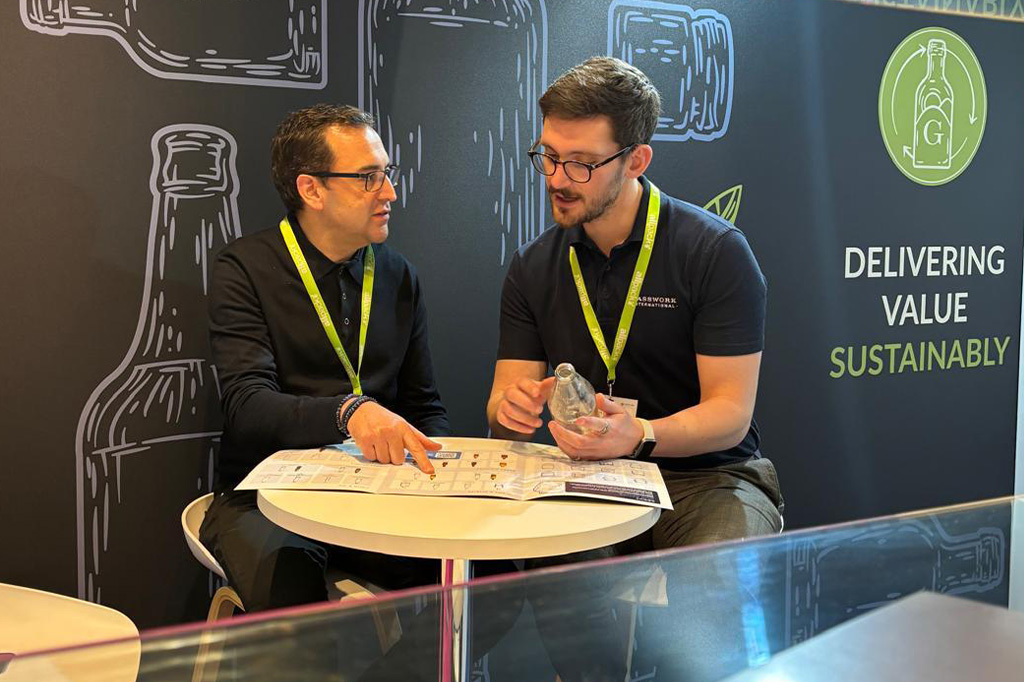So you’ve got a spark of an idea in the food or drink world – maybe a craft sauce, a premium juice, an artisan drink, or a new flavour jam. This is where the journey begins. We’ll walk you through what you need to think about when starting out, what the big pieces are and how to make sure you build something solid from day one.

1. Define what you’re doing and who you’re doing it for
Before anything else, ask yourself: What problem are you solving or what pleasure are you offering?
2. Build a simple business and production plan
Even if you’re just launching small, a plan will keep you on track and help you avoid pitfalls.
Key elements include:

3. Compliance, regulatory & hygiene basics
This is non-negotiable. You’ll want to be compliant and confident you’re covering all bases.
4. Packaging – and yes, we’re here to help
Your packaging is more than just a container: it’s a brand statement, practical container and a compliance piece.
If you’re producing a sauce, drink or spread:
5. Production, scaling & supply chain realities
As you move beyond testing and prototyping:
“Don’t sign yourself up for some fancy kitchen/equipment just yet. Ghost kitchens are ideal for tested concepts…”
6. Marketing, sales channels & building your audience
Having a great product is one thing. Getting it to someone’s shopping basket is the other.
7. Trade shows and networking – accelerate your growth
Visiting industry events is one of the best ways to learn, meet suppliers, see packaging trends, explore what buyers expect. Some recommended shows in the UK:
8. Sustainability, packaging waste & industry trends
The food and drink sector is increasingly competitive and sustainability is not just “nice to have” it’s expected.
9. Perseverance, testing and incremental growth
Starting small is absolutely fine and wise. Many successful food and drink businesses began with a home kitchen, a local market stall, or a small production run.
What matters most is:

10. How Glassworks International can support your packaging journey
At Glassworks International we know packaging is a critical part of your product story. When you’re ready to scale your food or drink product we’re here to support you by supplying premium glass bottles and jars (for sauces, oils, drinks, spreads) that make your product look the part and function reliably.
We work with medium to large food and beverage companies and we are also excited to support smaller companies who want strong packaging from day one.
Glassworks International takes pride in keeping up to date with the latest technologies and trends within glass manufacturing and production.